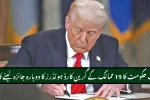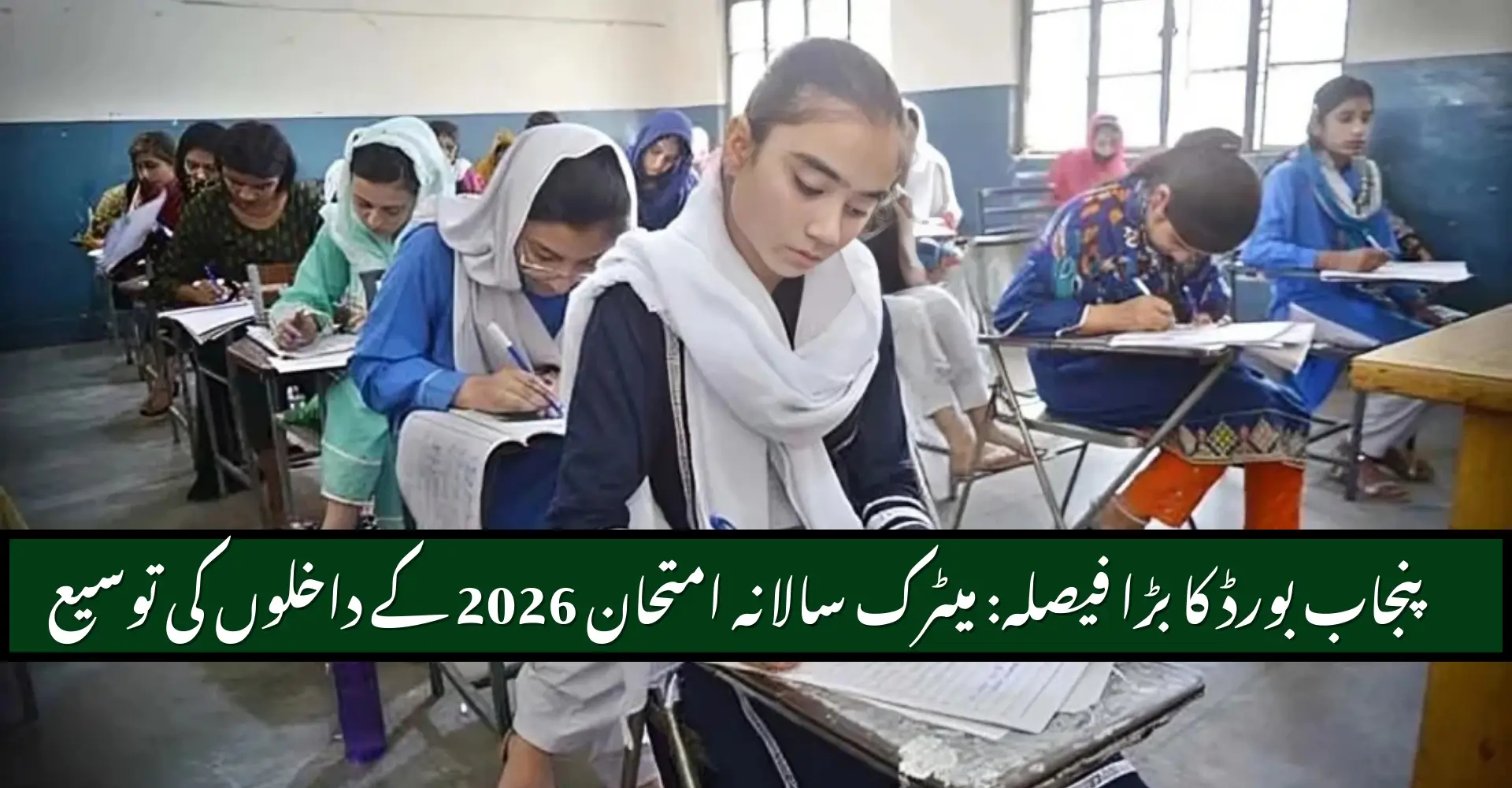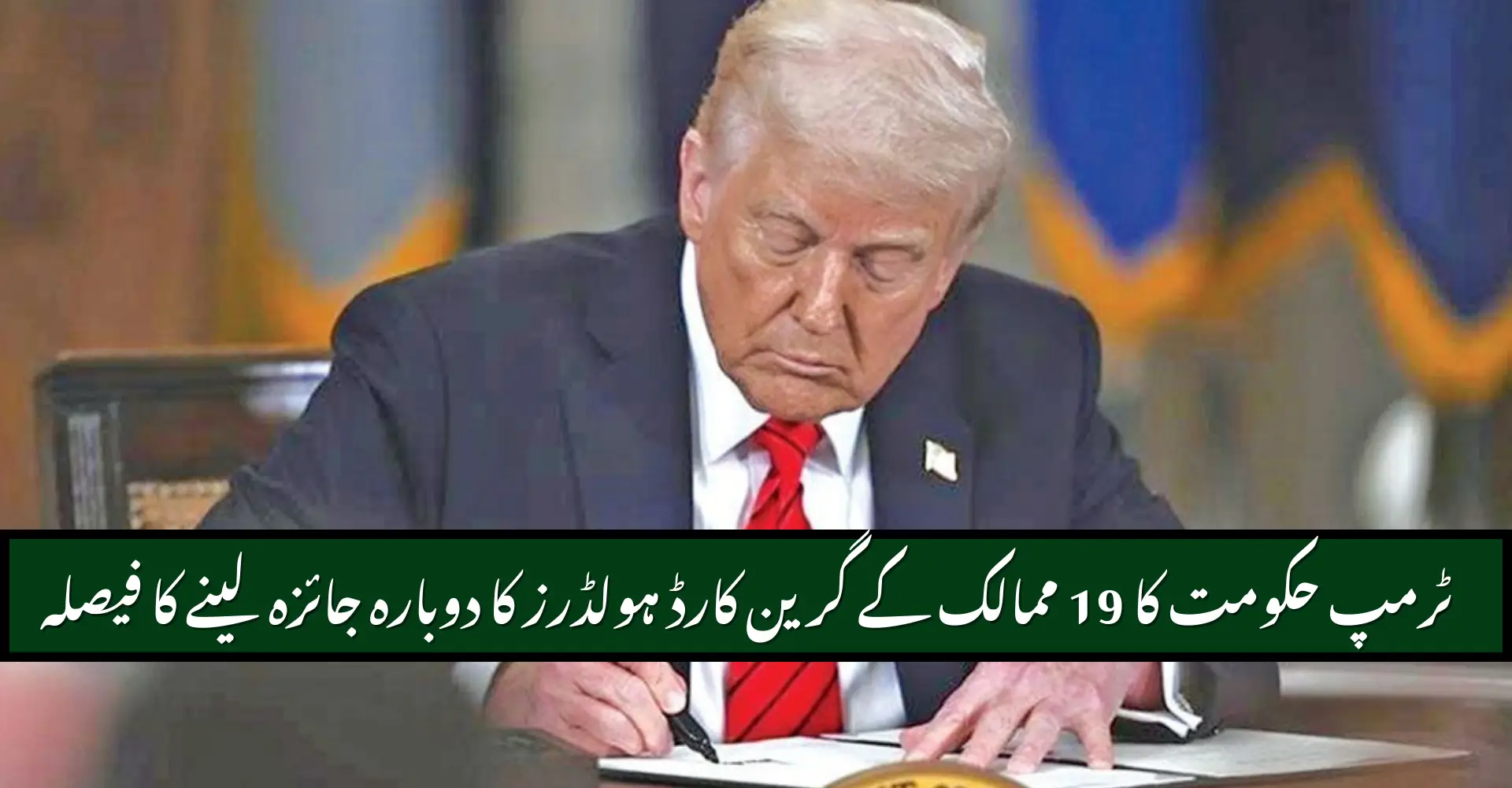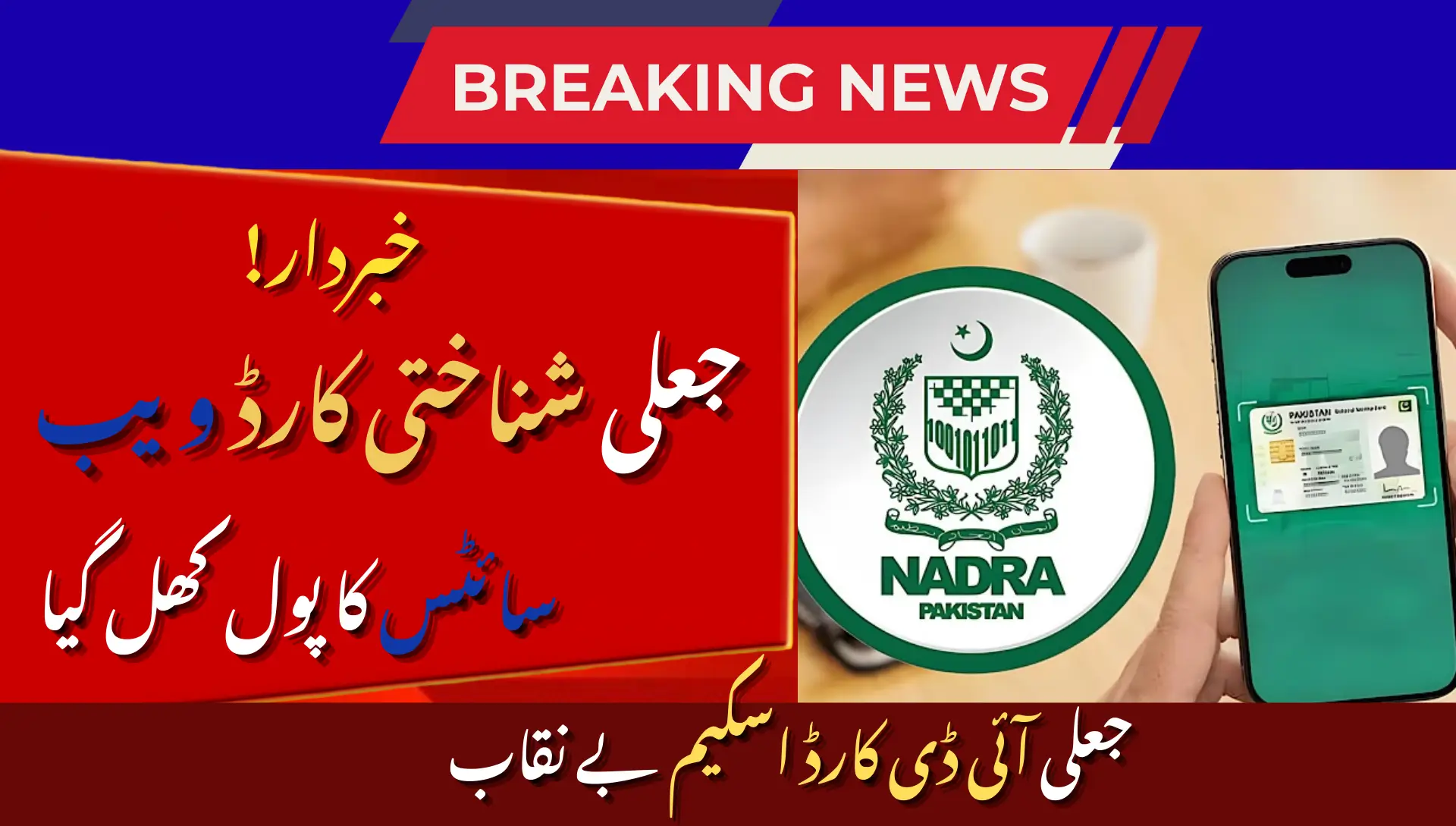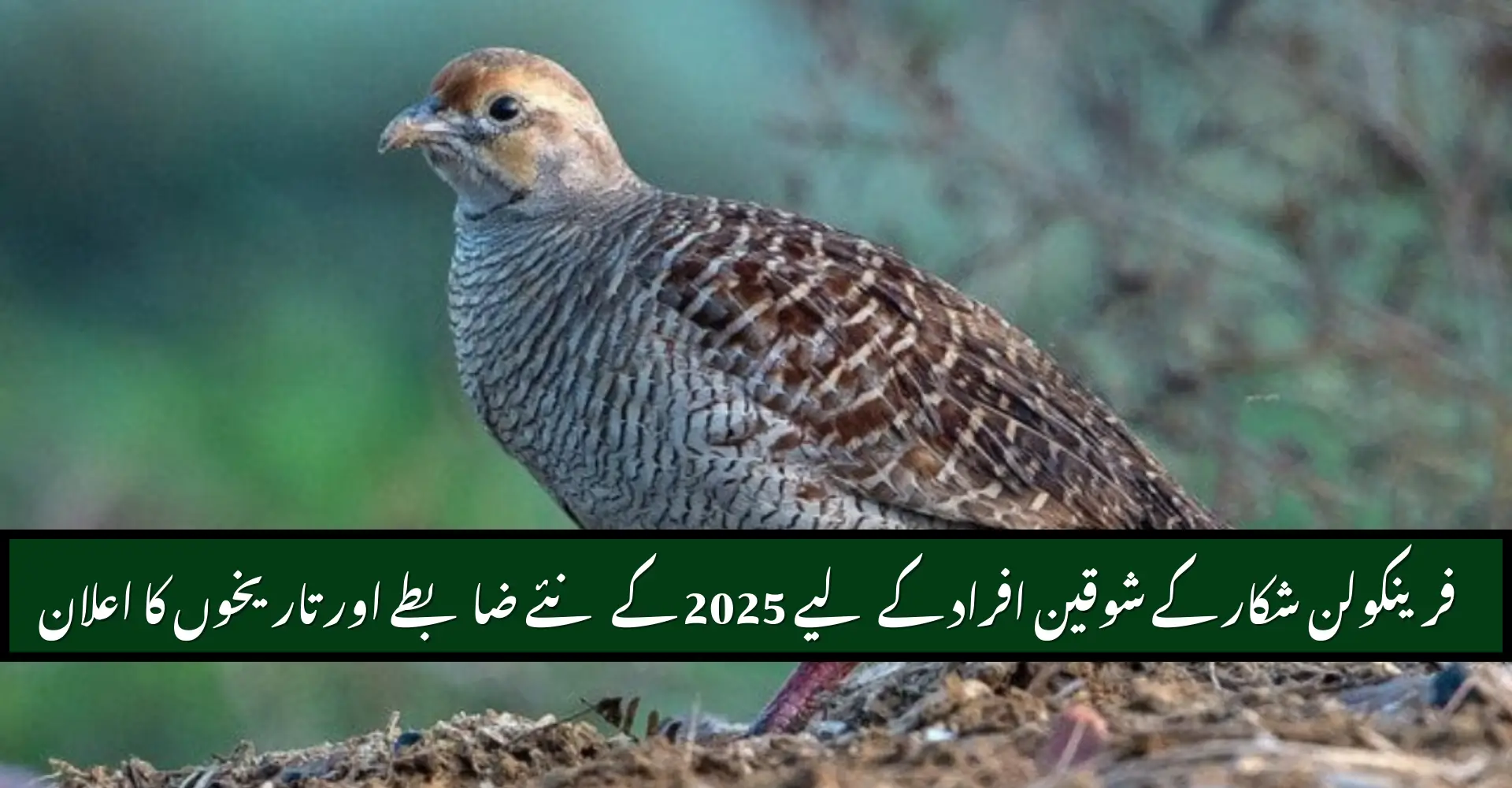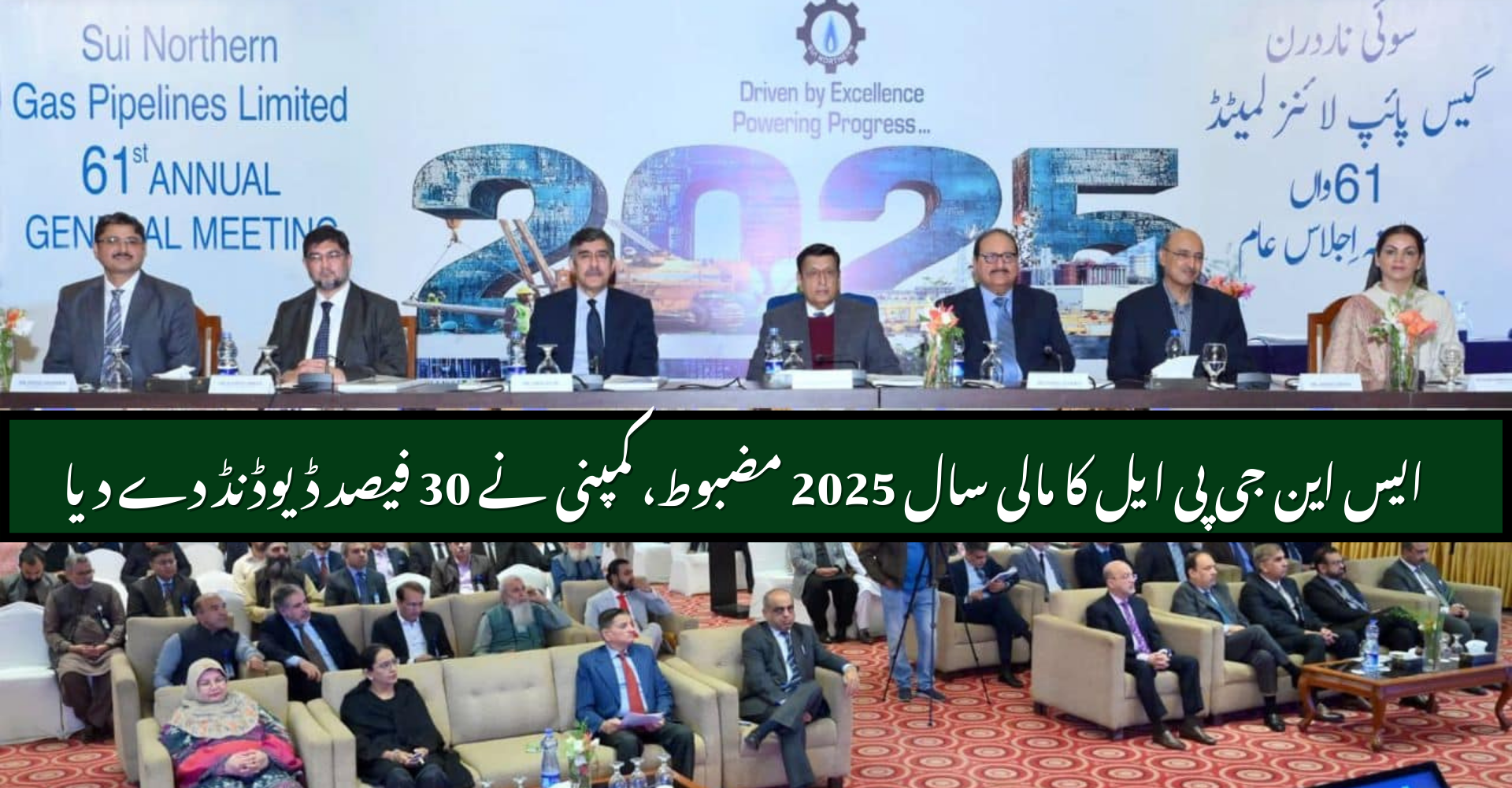Saudi Arabia Declares National Day Holiday After Historic Defense Deal With Pakistan. The day has come: Saudi Arabia has officially declared Tuesday 23 September 2025 a public holiday for its 95th National Day and this announcement comes just days after a historic defense agreement with Pakistan. By reading on you’ll get a clear, concise breakdown of what the holiday means, what the pact entails and why this matters for the region.
What Has Been Announced?
National Day Holiday
On 23 September 2025 (which corresponds to 1 Rabi al-Thani 1447 AH), Saudi Arabia has declared a nation-wide holiday for its National Day — applying to government, private and non-profit sectors.
Everything from schools to banks and offices will close in observance.
Defence Deal With Pakistan
On 17 September 2025, Saudi Arabia and Pakistan signed the Strategic Mutual Defence Agreement (SMDA) in Riyadh. The key clause: any aggression against one country shall be considered aggression against both.
Analysts note that Pakistan a nuclear-armed state now formally enters Saudi Arabia’s security equation.
Why the Two Announcements Matter Together
By tying the public holiday with the timing of this defence pact, Saudi Arabia is sending a dual message: one of national celebration and unity (via the National Day) and one of strategic signalling (via the mutual defence agreement). It underscores how staff, citizens and public life are aligned with broader geopolitical moves.
Quick Reference Table
| Program / Announcement | Start Date | End Date | What It Covers | How It Applies |
|---|---|---|---|---|
| National Day Holiday | 23 Sep 2025 | Same day | Entire KSA: public, private & non-profit sectors close | Applies automatically via government decree — no action needed |
| SMDA (Saudi-Pakistan) | 17 Sep 2025 | Ongoing | Mutual defence: an attack on one = attack on both; enhanced military cooperation | Treaty between governments — no public application required |
What Is Saudi National Day?
Meaning & History
Saudi National Day commemorates the unification of the Kingdom: on 23 September 1932, King Abdulaziz ibn Saud issued a royal decree renaming the regions of Hejaz and Nejd (and their dependencies) as the “Kingdom of Saudi Arabia”.
Although the unification happened in 1932, the day was officially celebrated from 1965 onward and made a full public holiday in 2005.
2025 Theme & Celebrations
The 95th-anniversary theme is centred on “Our Pride Lies in Our Nature” (Arabic: ʿIzzna bi ṭabʿna) — reflecting Saudi Arabia’s heritage, natural environment and values of hospitality, courage and generosity.
Celebrations will include:
- Fireworks, drone and air-shows across major cities like Riyadh, Jeddah, Dammam.
- Cultural performances, exhibitions, military displays, landmarks lit in green & white (national colours).
- Citizens and residents wearing Saudi flags, national colours; festive shopping and family events.
This year’s activities are expected to be higher-key given the dual context of national pride and strategic announcement.
Holiday Details
- Date: 23 September 2025 (Tuesday)
- Applies to: Government offices, private sector, non-profit organisations, banks and educational institutions.
- Hijri date: 1 Rabi al-Thani 1447 AH.
- Activities: Celebrations from early morning, parades, displays; some businesses may run limited hours if involved in tourism/entertainment.
What Is the Strategic Defence Agreement Between Saudi Arabia & Pakistan?
What It Says
- The pact was signed 17 September 2025 in Riyadh by Saudi Crown Prince Mohammed bin Salman and Pakistani Prime Minister Shehbaz Sharif.
- Core clause: “Any aggression against either country shall be considered an aggression against both.”
- Described as a “comprehensive defensive agreement that encompasses all military means” though exact nuclear sharing remains ambiguous.
What It Might Involve
- Pakistan’s Defence Minister stated Pakistan’s nuclear capabilities “could be made available” to Saudi Arabia under this pact.
- Analysts highlight expanded cooperation: military coordination, joint deterrence, perhaps missile or air-defence support.
- Observers caution: While the wording resembles NATO-style collective defence, real implementation details (logistics, command, nuclear rules) are still vague.
Why It Happens Now
- Saudi Arabia faces shifting regional security dynamics: concerns about external threats, and doubts about longstanding guarantors like the United States.
- Pakistan, with its long defence ties to Saudi Arabia (military training, advisory) and nuclear-armed status, is a natural strategic partner.
- The timing suggests both countries seek stronger deterrence and signalling in the Middle East.
Implications of the Pact
For Pakistan
Pros:
- Boosts strategic prestige formalising a high-level defence treaty with Saudi Arabia.
- Leverages Pakistan’s position as a regional actor with enhanced security relevance.
Cons / Risks: - Increased responsibility: the country may face complex geopolitical pressures if the pact is triggered.
- Potential diplomatic tension with other powers (e.g., India, the U.S.) observing the new alignment.
For Saudi Arabia
Benefits:
- Enhanced deterrence: aligning formally with a nuclear-armed partner raises the cost for those considering aggression.
- Diversified security: less sole reliance on one external guarantor, more regional autonomy.
Challenges: - The ambiguity around how and when the pact is activated: critics say details are vague.
- Signals to neighbouring states may provoke strategic recalibrations.
For the Region & Global Politics
- The Middle-East security architecture may shift: other states will closely watch how this agreement plays out.
- Nuclear deterrence debates: since Pakistan is nuclear-armed and capable, the pact raises concerns about proliferation and escalation even if Saudi Arabia itself is not declared a nuclear power.
- India, Iran, U.S. among others will weigh this in their calculus of alliances and threat perception.
Why This Matters for Pakistanis & Saudis
- For Pakistan: This pact affirms Islamabad’s role in regional defence and may open avenues for military cooperation, training and strategic support.
- For Saudi citizens/residents: The National Day holiday is a moment of national pride, culture and renewal and it now occurs in a heightened strategic backdrop.
- For businesses and observers: Major shifts like this influence defence industries, regional investments, geopolitical risk assessments and alliances.
FAQs
Q1: Why has Saudi Arabia declared 23 September 2025 a holiday?
Because 23 September marks Saudi Arabia’s National Day — the day in 1932 when the Kingdom was formally established. For 2025, the holiday coincides with the 95th anniversary.
Q2: What is the Strategic Mutual Defence Agreement (SMDA) between Saudi Arabia and Pakistan?
The SMDA is a defence pact signed on 17 September 2025 in which Saudi Arabia and Pakistan pledged that any aggression against one will be considered an aggression against both.
Q3: Does this pact mean Saudi Arabia now has nuclear weapons?
Not officially. While Pakistan’s Defence Minister made remarks implying nuclear capabilities might be available under the pact, the treaty’s public text does not explicitly commit to nuclear sharing. The details remain ambiguous.
Q4: Are all institutions in Saudi Arabia closed on the National Day holiday?
Yes — government, private sector and non-profit institutions are expected to observe the holiday. Schools, banks and major offices will not operate as usual.
Q5: What does this agreement mean for regional security?
It signals a new phase of Saudi-Pakistani defence cooperation, diversification of alliances in the Gulf, and may prompt strategic recalibrations from regional powers such as Iran, India and the U.S.
Conclusion
In summary: Saudi Arabia’s declaration of a public holiday on 23 September 2025 for its 95th National Day is not just a festive occasion it comes on the heels of a landmark defence pact with Pakistan. Together, the two developments mark a significant moment in the Kingdom’s strategic posture. For readers, the takeaway is clear: the holiday reflects both cultural celebration and shifting geopolitics.



